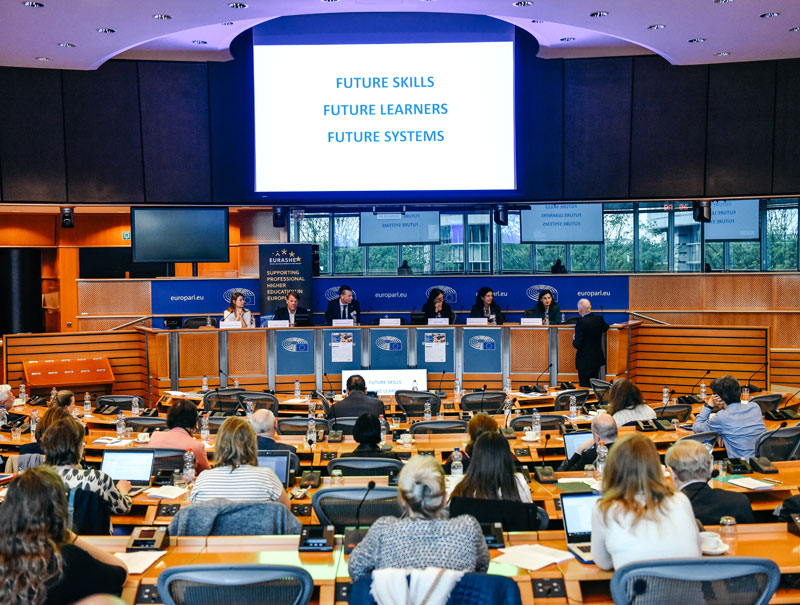EURASHE STRATEGY 2023-2025
The thematic priorities for the 2023-2025 period build on existing themes of interest to EURASHE and its members while linking them to the EU’s main policy agenda, which is embracing the ‘twin transitions’ to a more green and digital economy. The priorities are mapped onto the political priorities of the European Commission, running until the end of 2024.
Through its focus on skills and research for innovation, EURASHE contributes most to the priority ‘Europe fit for the digital age’.
The Fourth Industrial Revolution requires education and training systems to adapt, both in terms of pedagogies and subject matter. The main mission of higher education should be to follow and respond to rapid technological changes. An increasing number of jobs will be knowledge and skill intensive, both at management and technician levels. At the same time, the delivery of education is becoming more digital, flexible and bespoke, responding to the needs of individuals and industries alike.
Students will be able to tailor their entry, exit, assessment and qualifications to their personal needs, rather than being required to fit a standardised model. Business is taking an increasing interest in how their employees are educated, before and during employment.
Demographic change is also having an impact. In Europe at least, this means an ageing population that will work for longer than previous generations. It is likely that people will change careers several times, and not just individual jobs. These demographic shifts will require a wider range of competences, and the workforce will need to be constantly upskilled and reskilled.
Trends in the economy and society is changing the higher education landscape. Applied and professionally orientated courses are increasing in demand, while differences between types of Higher Education Institution (HEI) are becoming more blurred. There is an increase in private education and governments are being challenged to rethink the governance and funding of higher education
systems. Taxpayers are asking more from publicly funded HEIs, including a greater contribution to innovation and community development. These changes provide opportunities for EURASHE members. On the one hand, rapid changes require more flexibility, which can be provided by Short Cycle Higher Education at EQF level 5 (European Qualifications Framework) and the introduction of microcredentials at all levels. On the other hand, established degrees (bachelors, masters) are concerned more with practical application and employability. Even doctoral degrees can be designed that retain key elements of originality with applied research and innovation (‘industrial PhDs’).
EURASHE prioritises activities that positively respond to these trends and opportunities, informing and advising policy makers on how Applied Higher Education is changing and addressing the challenges.



